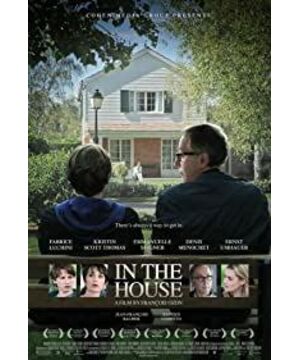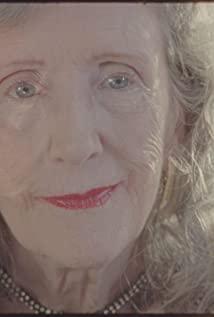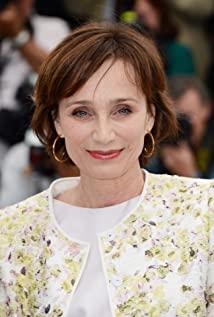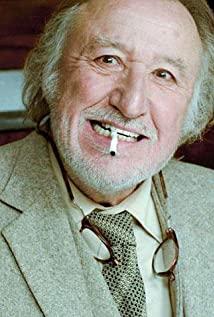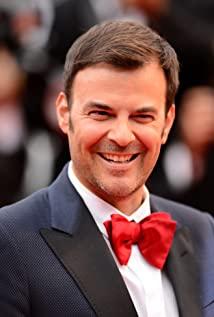"Into the House" is such an example. The Chinese translation of the title is a bit of a fake, and the literal translation of the original name "in the house" can better express the film's simple point of view and anti-fake stance. Dissatisfaction with the loneliness of one's own life, but full of curiosity and voyeurism about the lives of others, is a complex that almost everyone has more or less. The protagonist Claude is the embodiment of this desire. He represents himself, the Chinese teacher and his wife, and the audience to expand and practice this desire. This voyeuristic process is realized by Claude using serialized words, and words are the easiest to highlight key points and grasp emotions, and are most likely to stimulate people's fantasy, and fantasy is the projection of attempted desire, which highlights the curiosity stimulation and pleasure.
This part of the text must have been lost in the translation process, but I can still feel that it uses simple words to create an irresistible mood, combined with the irony in it and the film's modern art of the Chinese teacher's wife. Introduction to Modern Art), which also reveals the film's ironic attitude towards human nature (such as voyeurism and faking sex).
Finally, the language teacher, who was originally high above and out of the way, was also trapped in it, unable to extricate himself, unable to distinguish between reality and fantasy, and finally lost his life. The reason why the Chinese teacher can't extricate himself is not only his desire to voyeurize, but also his special emotional needs for Claude. Naturally, French films will not simply classify this emotion as sexual desire. He and his wife are infertile. He may have the fantasy of taking Claude as his child; perhaps, Claude's grasp of human nature and literary talent have indeed rekindled His literary passion, projected on him his unfinished dreams; perhaps, and his own subconscious desire to participate in the story; perhaps, there are other emotional factors. The feature of French films is that there is no moral barrier to discussing anything, and at the same time, this film makes it all plausible. This ambiguous description makes the teacher-student relationship the most voyeuristic element of the whole film, arousing everyone's curiosity. Audiences have different fantasies, and different fantasies are precisely the projections of each viewer's unfulfilled desires in their own lives, reflecting the theme at a higher level.
The precise positioning of the characters is also one of the main reasons for this wonderful film. The protagonist Claude does not know whether it is natural or acting, sometimes enchanting and sometimes infatuated, sometimes profound and sometimes innocent eyes and temperament, is the soul of the whole film, but also the nightmare of other characters and the audience. He removes obstacles to achieve his ambition, destroys the life of a Chinese teacher to drag him to his equal position to continue the "creative way" he wants, while making every character and audience (at least me) feel Fascinated by him, Ernst Umhauer, has a bright future. The Chinese teacher, Fabrice Luchini, is a slightly comedic but always sincere and profound actor. It is perfect to interpret the Chinese teacher. The teacher's wife, Kristin Scott Thomas, is full of artistic temperament and can see the weaknesses of ordinary women from her. A woman who relies on art for a living and doesn't know whether she really believes in art is also vividly displayed; the less difficult Raphal family is a good-looking husband and wife relationship, not to mention their stupid son.
Originating from life and above life, this film does a good job.
WeChat public account: feidududu watching movies (feidudumovie)
View more about In the House reviews


